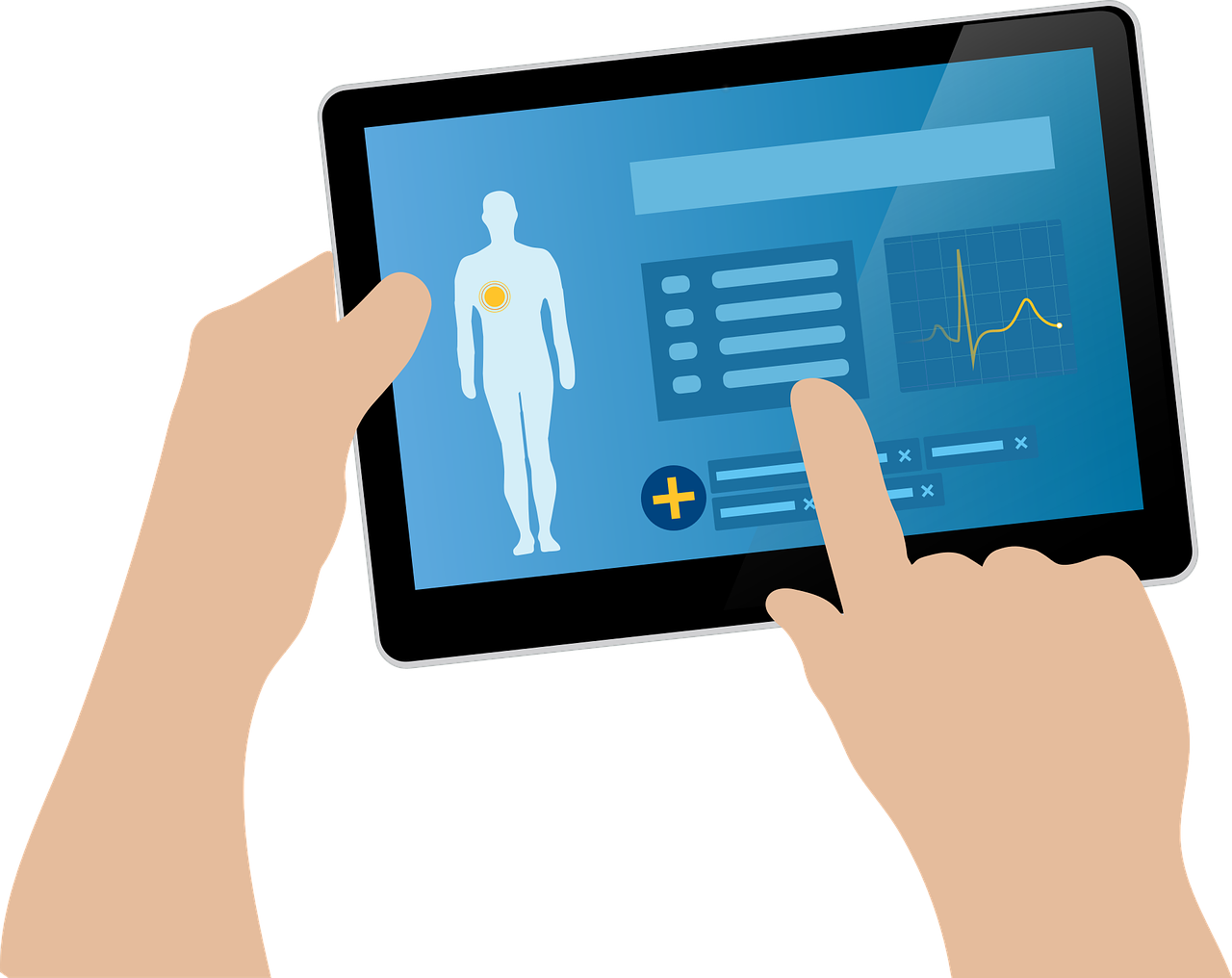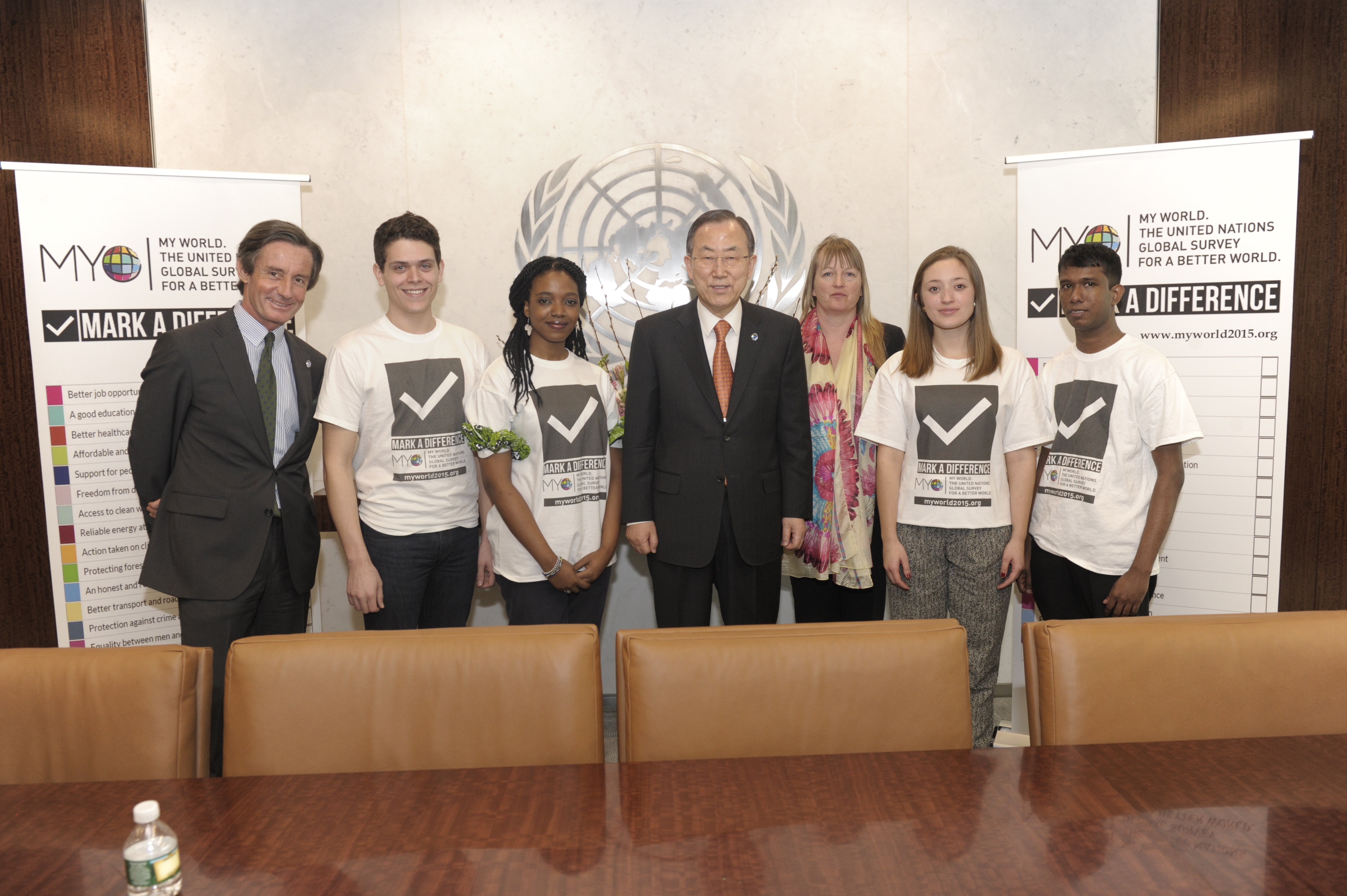Meeting the needs of all patients is a complex and often daunting task. Not every patient wants to put in the time to get necessary medical care or navigate an overwhelming healthcare system. As a way to meet the need of some patients, healthcare developers are creating options like telemedicine that fulfill the convenience of receiving medical care.
For some patients, the notion of receiving convenient care may be overlooking a major need of a group of the patient population that take up a large part of U.S. healthcare resources. The management of chronically ill patients is costly and time consuming. With the onset of telemedicine, there is an alarming worry from healthcare providers that the management of the chronically ill will suffer.
Convenience is the overall purpose of having the ability to be anywhere in the world and have access to a clinician for minor health concerns. Individuals are so busy that the idea of sitting in a waiting room for an hour for a ten minute visit for an ailment is frustrating. Patients are demanding better customer service and a way to meet this demand is to offer, for a modest fee, the ability to see a clinician via the web. Some health insurance companies, medical practices, and health startups are offering this form of medical treatment.
But, as with any new technology, there are a few kinks that need flushing out.
Being able to see a physician via the web is not just convenient, but affordable in comparison to an office visit. This form of convenient care is ideal for folks that are relatively healthy, but encounter simple ailments that require little intervention and very limited follow up.
However, even within this group of patients, there is little to no continuity of care and ailments may be downplayed or go undetected. A physician only gets a one-dimensional view of the patient that is reflected on the screen.
Related article: “WHAT QUALITIES DO YOU WANT IN A DOCTOR: COMPASSION OR COMPETENCE?”
This myopic view of the patient is not an ideal setting for patients with chronic illnesses. Patients with chronic illnesses take up the majority of United States’ medical resources and receive a limited amount of preventive care. Chronically ill patients are in desperate need of constant monitoring where a clinician is able to manage care with a “trouble shooting” approach.
Data indicates, that if a patient is able to appropriately manage a chronic diagnosis, they are admitted less to the hospital and lead a more meaningful existence. This in turn, saves valuable dollars to be used in a more productive manner and better patient satisfactory reports are submitted.
In order for chronically ill patients to get complete and thorough medical care, the clinician may borrow from the ABCDEs method from emergency medicine. When the patient first arrives to the hospital’s Emergency Department, the physician will do an intake of the patient’s vital functions of the body. This technique of carefully evaluating the status of a patient prior to treating them requires the clinician to touch, smell, listen, and see the person.
There is value in building a relationship with a caregiver that knows the color of your nail beds or the sounds of your breath when you are healthy. A big part of patient centered care, is knowing the visual queues that can be circumvented. If a patient’s blood pressure starts to rise or if their blood sugar spikes, early intervention is an important way to offer solutions that keep them healthy and out of the hospital.
In a world with telemedicine, there may be a large bruise on the patient’s back. The clinician only sees what the patient lets her see. This bruise may mean several things such as physical abuse or a possible unbalance in their white blood cell count. Human contact is vital in medicine to providing targeted care.
This human interaction is sometimes the most valuable tool physicians are able to use to diagnose a patient. The first thing medical students are taught in clinical rotations is the simple, yet important history and physical, hence talking and touching. These two resources were the only interventions all physicians had prior to the invention of various diagnostic tools.
To eliminate these tools is to eliminate skills that all physicians are expected to possess. Skilled clinicians use these techniques as the foundation of accessing a patient’s baseline health before applying more invasive, costly tests. There needs to be a balance between the art of medicine and the science of medicine. Technology is available to patients and physicians to improve and enhance quality of care.
When technology distorts the delivery of care, then both physician and patient lose out. Sometimes less focus on convenience in medicine is necessary so that the patients that require the most care can stop draining a system that should refocus its priorities.
Medicine has the knowledge to provide the type of care chronically ill patients need to stay healthy, it is a matter of utilizing them in a more efficient way.
Recommended reading: “HOW TELEMEDICINE IS TRANSFORMING HEALTH CARE”












